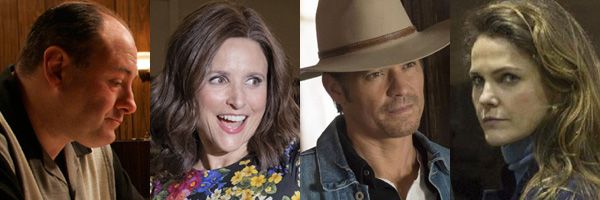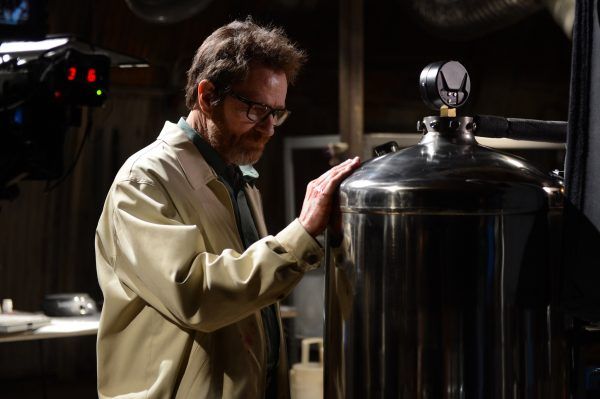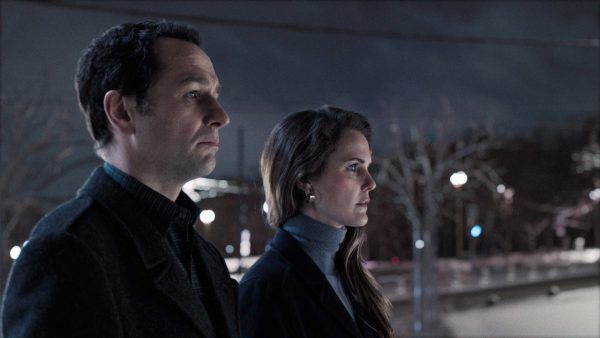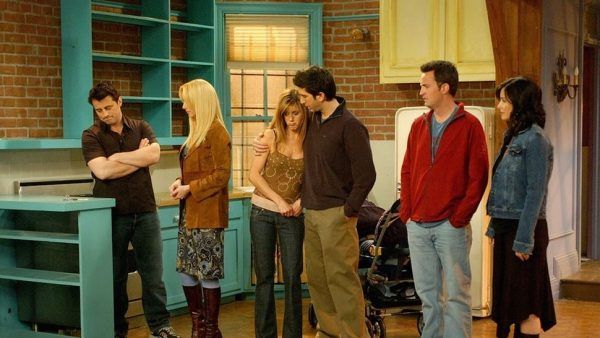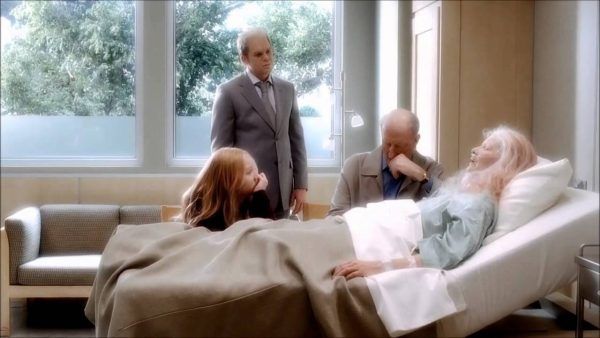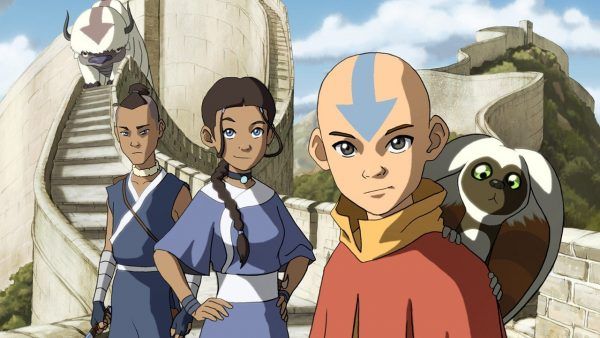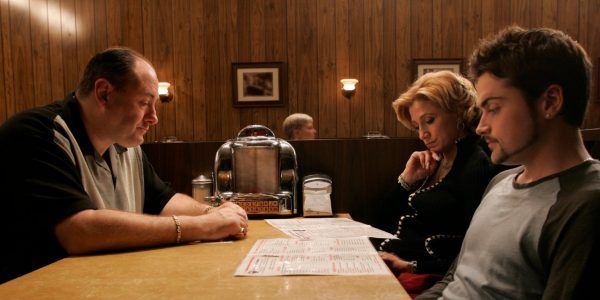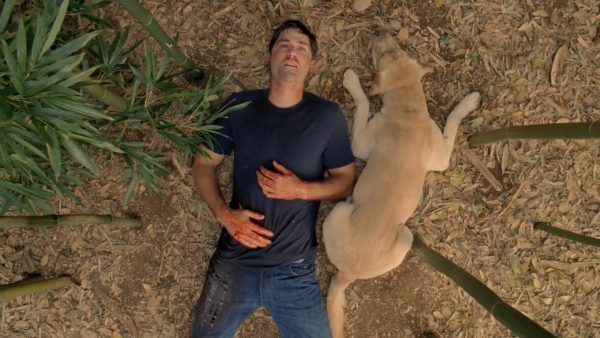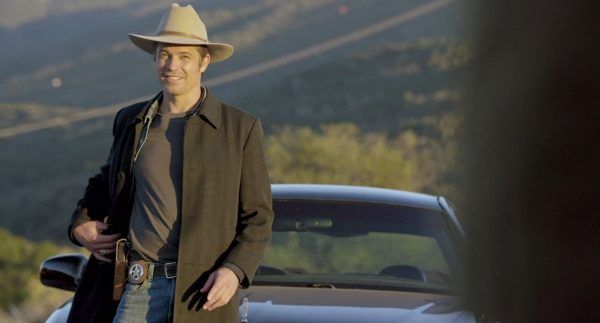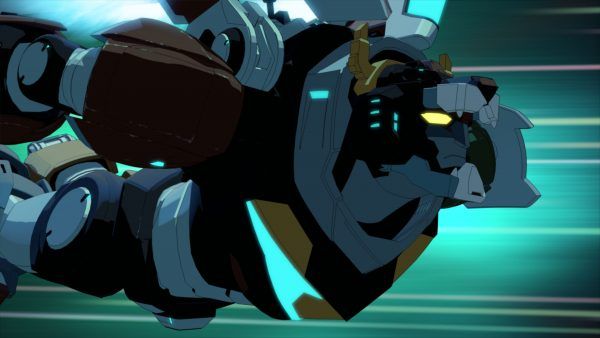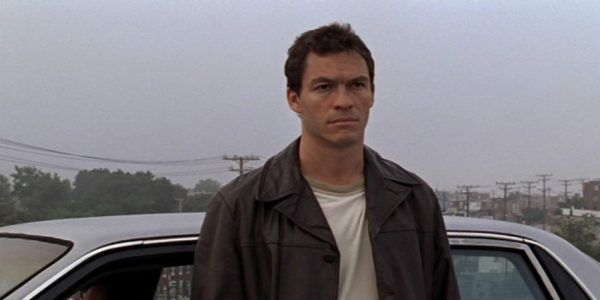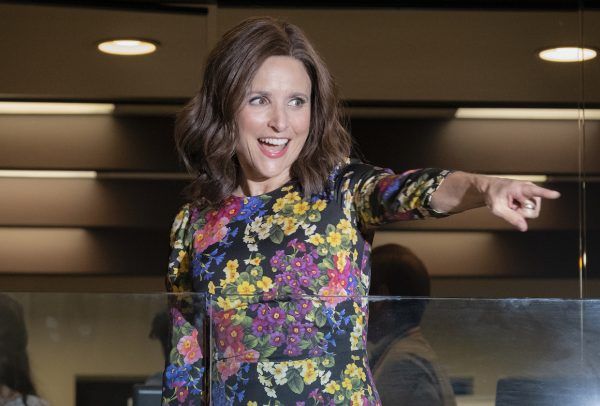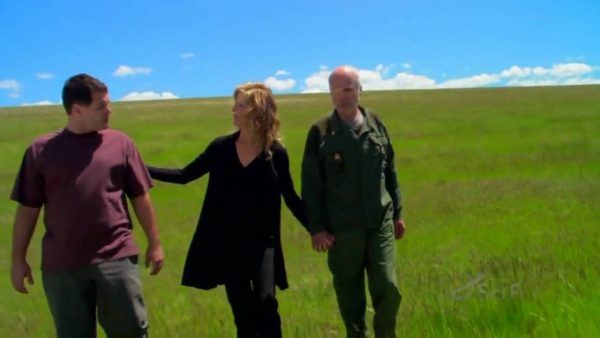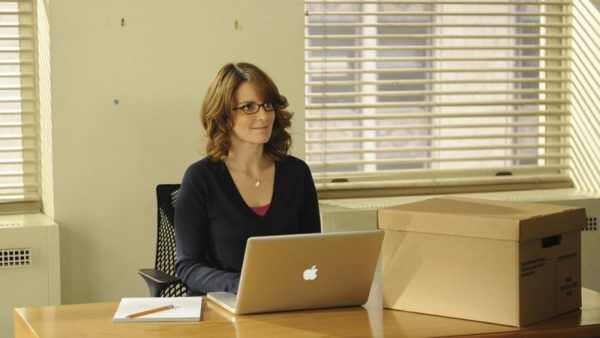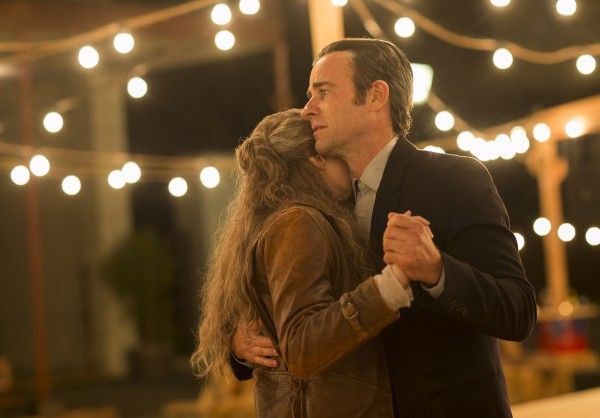Ending a TV series is hard. The whole idea behind a TV show is that it doesn’t end. It keeps going. Sure there are season finales, but they usually end in a manner that sets up more drama and conflict to come. The list of truly great series finales is actually rather short. Most shows, if given the opportunity to go out on their own terms, end in a satisfactory if somewhat forgettable manner. Some get cancelled before the story has any semblance of conclusion. But a fine few TV finales actually find a way to end the long-running story in a truly unique or memorable way. That can either mean everything is wrapped up in a nice bow, or the show concludes on a compellingly ambiguous note.
With Game of Thrones poised to end this coming Sunday, we at Collider felt what better time to look back on some of the best series finales ever made. Given the breadth of TV programming over the years, we decided to limit our list to TV finales that aired in the 21st century. So below, we run down the best series finales of the 21st century so far.
Breaking Bad
AMC’s Breaking Bad is hands down one of the best TV series ever made. From beginning to end, the story of mild-mannered Walter White’s transformation from disgruntled high school science teacher to hardcore meth-making kingpin Heisenberg is expertly told. This perfect storm of talent both behind the camera and in front of it brought us the compelling story of a zero-turned-antihero thanks to the writing of Vince Gilligan and his team, the award-winning acting of Bryan Cranston and the remarkable cast, and the fantastic production quality that made science cool again. But all of that build-up had to come to a satisfying conclusion if Breaking Bad wanted to enter the annals of “Best TV Series Ever.”
So there was quite a bit riding on the last hour of the show. “Felina”, a time-jumped series finale written and directed by Gilligan, had to wrap up the previous 61 episodes, Walt’s ultimate transformation into Heisenberg, and the fate of all the major players who ever came into contact with him. Somehow, Walt was able to return to Albuquerque from exile, reunite with his former business partners in order to coerce them into making sure his family was taken care of, say goodbye to Skyler one last time, neutralize yet another business partner, and arrange a meeting with a group of no-good Neo Nazis to settle the score and make good with Jesse Pinkman. And all that was accomplished within a brisk 55 minutes, leading to a satisfying yet bittersweet final moment for the man himself, Heisenberg. The 62-episode reaction had run to completion and, in the end, the product was pure. – Dave Trumbore
The Americans
One of the best series finales in TV history actually aired just last year. The FX drama series The Americans pretty much lived its entire life as a critical darling, with the show and stars Matthew Rhys and Keri Russell only finally picking up Emmy recognition in the final seasons. But in the end, there was really only one way this 80s-set story of Russian spies living and posing as Americans could end. It felt at once inevitable and entirely suspenseful, which kind of best sums up the show. Perhaps the greatest compliment I can give The Americans series finale is it took a song from U2—“With or Without You”—that had already been made iconic on television by Friends decades earlier, and managed to make you entirely forget about its previous use. So. Many. Emotions. – Adam Chitwood
Friends
Ending any TV series in a memorable way is hard, but especially for sitcoms. Friends somewhat bridged the gap between the 90s heyday of network television and the mid-2000s arrival of “serialized storytelling,” but Friends was a show that always leaned into season-long arcs and character development that had actual ramifications (for better and worse). The series finale, aptly named “The Last One,” remains one of the most-watched TV finales in history, and offered an emotional sendoff for these beloved characters after 10 seasons. And, of course, one last zinger from Chandler. – Adam Chitwood
Six Feet Under
Finales don’t really get more final than the conclusion of Six Feet Under which — true to the theme of the show — showed every major character’s eventual death in a final montage set to Sia’s “Breathe Me.” Some of their stories ended with tragedy, others with a strange humor, but it remains one of the most emotional sequences of any series before or since. Despite some wobbles in previous seasons, ultimately, the journey was completed in such a heartfelt and beautiful way that is has become the gold standard for great series finales. — Allison Keene
Avatar: The Last Airbender
One of the best animated series to ever grace the small screen (and we won’t even mention that live-action big-screen adaptation that totally never happened), Avatar: The Last Airbender is an absolute rarity. There was nothing quite like it when it arrived on Nickelodeon in 2005 and there hasn’t been anything quite like it since (with respect to Avatar Korra). From co-creators Michael Dante DiMartino and Bryan Konietzko came this 65-episode masterpiece that effortlessly paired traditional martial arts styles with elemental magic and a mythology that was rich enough to inspire at least a few more spinoffs. Over the course of three seasons (known in the show’s lingo as “Books”), A:TLA gave us a complete arc for Avatar Aang, a young airbender who was awoken from hibernation and tasked with mastering the four elements and defeating the incredibly powerful Fire Lord. Should he fail, the world as they knew it would have been overrun by the military might of the Fire Nation, upsetting the balance that had existed for centuries.
The series finale had a lot of ground to cover and a heaping helping of mythology to wrap up in a satisfying way, so it was a smart move to split said finale into four parts. Known together as “Sozin’s Comet”, the 93-minute four-part movie centers on the heroes’ final stand against the Fire Nation. At the core of this conflict, which has plenty of story arc-resolving side plots, is Aang and Fire Lord Ozai, who has proclaimed himself the Phoenix King as world ruler, aided by the power of a passing comet. All Aang has to do is kill Ozai, but his upbringing, training, and personal belief all rebel against that very idea. So the fact that this final confrontation finds another way for our hero to be the victor, especially when it’s so much easier for a hero to kill a villain all throughout fiction, is an incredibly earnest, hopeful, and inspiring storytelling decision. And that alone makes this one of the most satisfying series finales in TV history. – Dave Trumbore
The Sopranos
What a pair of palle David Simon must have to end his iconic mafia series The Sopranos this way. Never in the history of "Don't Stop Believin'" has Journey been this tense, as a Soprano family dinner seemed doomed to end in tragedy before "Made In America" simply smash-cut to black silence and then credits. At the time it was a confounding choice, one that left viewers shocked and caused my very Italian father to have what could only be described as a full-on conniption. But what other way could this brilliantly no-compromises series end? Before "subverting expectations" became a Reddit meme, the tale of Tony Soprano (James Gandolfini) lived to subvert expectations. Entire wars started to brew before getting squashed with a handshake. Always doomed Christopher Moltisanti (Michael Imperioli) died in a surprise car crash—with a bit of an assist from Tony—fifteen minutes into an episode. The Russian ran into the woods and never came back. The series finale was the ultimate non-swerve, one final fuck you to anyone expecting a straightforward answer from the most complex character in TV history.
And really, this finale holds up as brilliant because it's not a finale at all. The cut-to-black is just another way of saying The Sopranos is over but life in that world goes on. The audience just doesn't get to see it. No one really got whacked in "Made In America", other than us. – Vinnie Mancuso
LOST
With this entry comes an important disclaimer—I, Adam Chitwood, speak only for myself when contending that the LOST series finale is one of the best series finales of all time, despite other (wrong) opinions that say otherwise. People forget that when LOST debuted in 2004, it was a very different television landscape. This was a weird, mystical, sci-fi mystery series on a major broadcast network with a high of 25 episodes per season. Of course the journey to the end would be winding and somewhat muddled, but what I love about the LOST series finale is that it stayed true to what the series had always been about: the deep connections between the characters.
Indeed, when it comes to series finales, more often than not they’re a chance for the showrunners to reveal the show that they have been making all along. Sometimes that doesn’t gel with fan expectations (again, with over 20 episodes a season, there were a lot of different avenues explored in this series), and LOST is one of the most famous cases of that divide. But the series finale dove headfirst into the emotional and spiritual connection between the survivors of Oceanic 815. What happened did happen, and their time on that island (and off) meant so much to each individual in the span of their lifetimes that the afterlife—for them—was a place for them to come together once more and spend eternity together. Call me crazy, but that’s kinda beautiful. – Adam Chitwood
Justified
There are few lines in television finales as powerful as Justified’s “we dug coal together,” because as understated as it sounds, it summed up a series’ worth of complicated relationship dynamics. Like many great finales, Justified had the luxury of knowing when it was going to wrap, which allowed the writers to plan out its ending. The show has always boiled down to the connection between a U.S. Marshall, Raylan Givens (Timothy Olyphant), and crime boss Boyd Crowder (Walton Goggins), two men from the same Kentucky hill country who dug coal together, loved the same woman, and went down two completely different paths. Justified’s legacy is in that story, which was summed up in such a simple, beautiful, incredibly haunting statement of love and truth. - Allison Keene
Voltron: Legendary Defender
Voltron Legendary Defender was far from a homerun when it first debuted back in 2016. DreamWorks Animation’s Netflix series aimed to adapt the classic 1984 series Voltron: Defender of the Universe, itself a hodgepodge of various anime titles that were Westernized and dubbed without us 80s kids being the wiser. The reboot could have failed in spectacular fashion in any number of ways, but thanks to showrunners Joaquim Dos Santos and Lauren Montgomery, Voltron became an icon in its own right, one that’s worthy of the 21st century.
The 75 episodes that came before the final adventure in “The End Is the Beginning” took the Paladins of the Voltron Force all across space, time, and reality in their effort to battle the forces of evil, mostly rooted in the Galra Empire. They were put to the ultimate test when reality itself was threatened in the final hour, but it wasn’t through strength of arms that Voltron won the day. Instead, their final victory (and final sacrifice) was made possible by the alliances and unions the team had made throughout the 75 episodes that came before the finale. Sure, it’s always a blast to watch Voltron form up and take down fleets of enemy drones, but the real strength of these heroes was in their ability to build each other up and form a community, a coalition. That’s no better exemplified in this entire series than in the heroes’ opportunity to remake reality the way they see it, restoring the people and planets that had been destroyed in a villainous quest for power and working to ensure that the peacekeeping force would always be there to keep the forces of evil at bay, with or without giant space lions. – Dave Trumbore
The Wire
Though you would be hard-pressed to find many who would name The Wire’s fifth and final season their favorite, it completely stuck its landing with its final goodbye. The last episode included a montage where McNulty (Dominic West) looks out over Baltimore, and we see and hear what is essentially b-roll footage and ambient sights and sounds of the city. It spoke to the soul of The Wire, which was always about looking at a city’s triumphs and failures with unblinkered truth from a street level. That montage, and the episode itself, were the perfect love letter to Baltimore and the right ending for the show. - Allison Keene
Veep
Veep is the newest series to be featured on this list, having only just concluded its seven-season run. But the last episode had two endings, each of which was a fitting end to its sharp, satirical political tale. In one, Selina Meyer (Julia Louis-Dreyfus) achieves what she wanted, the highest office in the land, and has no one there with her to celebrate it. She sacrificed everything for the title she has always craved, and it’s a devastating commentary on the price of power. A second ending flash-forwards to Selina’s eventual passing, where we see aged-up versions of the main cast gathering together to pay respects and update each other (and viewers) briefly on their current lives. It was funny, a little sad, and ultimately deeply satisfying. The show ended with a little glimpse of hope for America and these characters that it didn’t have to provide, especially after such a devastating emotional conclusion for Selina, and yet it was very much appreciated. - Allison Keene
Battlestar Galactica
The three-part Battlestar Galactica finale gave us a little bit of everything. There were flashbacks to our favorite characters before the Cylon attacks (which were emotionally devastating given everything we knew had happened since), but the real gut-punch was seeing the Galactica escape one last time (via those mysterious musical notes) to our very own Earth. Here, the group splits up to forge their own futures in this new place that includes some very primitive humans, who they end up blending their own culture with rather than conquering them. Each surviving character gets their final moment to carve out their destiny, and it was so emotionally satisfying and heartbreaking and wonderful. Though the final episode also contains a somewhat controversial epilogue that jumps forward 150,000 years to New York City, the idea that humanity will again be undone by its technology (“this has all happened before and will all happen again”) felt like a fitting finale that played into the show’s overall themes. Plus, Gaius Baltar’s line “I know about farming” (i.e., him accepting his true self) is an all-time great. - Allison Keene
30 Rock
Leave it to 30 Rock to go out on one of the best jokes of the series—“BLIMPIES!” Tina Fey and Robert Carlock’s sitcom had a knack for being downright weird, but somehow combining that silliness with characters that felt real and empathetic. That was true all the way up through the final episode, “Last Lunch,” which found Liz Lemon crafting the final episode of her show while Lutz, simultaneously, is embroiled in an episode-long gag about trying to make the writing staff order Blimpies for lunch. 30 Rock went out as it lived: delightfully strange. – Adam Chitwood
The Leftovers
The Leftovers was always an impossible show to describe. Pinned in between withering self-seriousness and, later, peak absurdism, the series thrived as an irreverent meditation on all things unknowable: god, religion, sin, forgiveness, loss, and grief, to name a few. There's no shortage of brilliant episodes in the wild ride, but the series finale, "The Book of Norah," glimpsed the divine in a strikingly satisfying conclusion for a series that prided itself on never giving answers. And no episode was ever more difficult to pin down.
The finale sends Norah on an impossible mission; an attempt to spark her own Sudden Departure and reunite with her family -- fast forward to ten years later and an unexpected reunion with Kevin, and that's where "The Book of Norah" really drives it home. The series farewell strikes a perfect balance of heartbreaking and affirming, delivering a spiritual and emotional catharsis and cementing The Leftovers, above all, as one of the greatest love stories of all time. Tom Perrotta and Damon Lindelof's writing is inspired, Mimi Leder's direction is a marvel, and series leads Justin Theroux and Carrie Coon deliver two of the best performances in any single hour of television, ever. Stripped of bizarre interdimensional adventures and profound meditations on god and religion, The Leftovers' finale is a crystalized dose of all the ponderous profundity that made the show so special, stripped down to its most human element and presented as an understated yet sublime celebration of the leaps of faith that make life and love worth the pain. -- Haleigh Foutch

